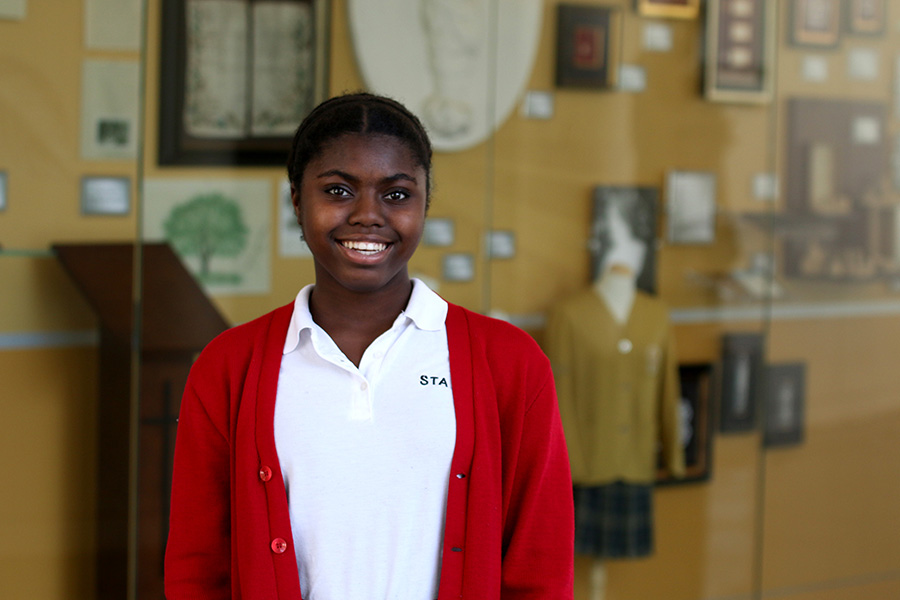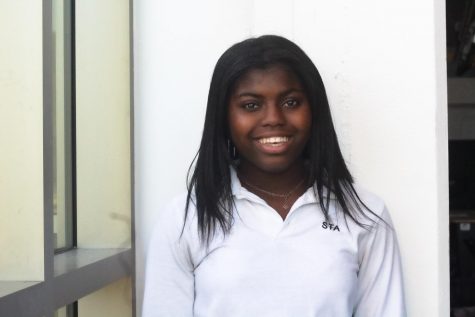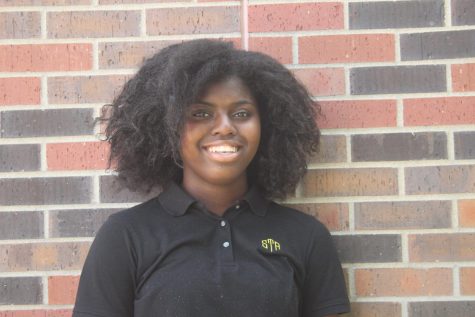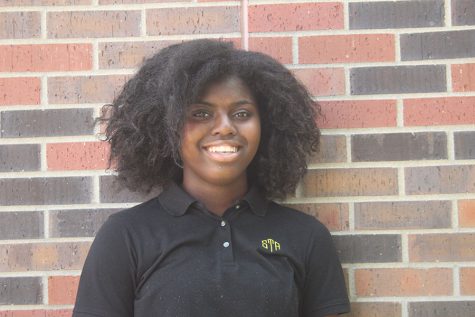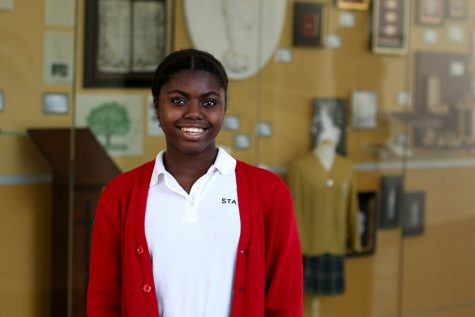Let’s talk tokenism
Because having “One Black Friend” isn’t enough
October 18, 2017
According to the Merriam-Webster dictionary, tokenism is defined as the policy or practice of making only a symbolic effort (as to desegregate). I’m a prime example of the use of tokenism to create an image of diversity. Growing up in mostly private schools, tokenism is something I’ve often had to face myself. I was one of two black people in my graduating 8th-grade class, with no other minorities in the grade. I am often one of the only people of color in my classes here. Thus, I am the “Token Black Friend.” Even though I am not necessarily uncomfortable being the only black person in my class, that does not mean that underrepresentation is okay.
Reader, close your eyes and think about your favorite tv show or movie. I can tell you my favorite at the moment is “Riverdale”. Now, think about the number of non-white characters that have completely independent story lines. Now, make sure that storyline involves a character arc, and doesn’t revolve around slavery, servitude or harmful stereotypes. For example, on “Riverdale”, there are Josie and the Pussycats, a girl group comprised of black girls who take no nonsense, with Josie’s mother being the town’s mayor. As far back as I can remember, except for “That’s So Raven”, their plotline has been the most prevalent of any characters of color on a tv show that I truly love.
However, having one show that portrays black people as real human beings (excluding the whole Chuck fiasco) is not enough. Call me greedy, but I want more. More people of color to win Oscars without being portrayed as slaves or maids. I would like the LGBT community to not have their identities scandalized, or for their only sense of representation to be a cisgendered, middle-class white male. I want mental disorders to not be stigmatized. I want characters with hijabs, characters in wheelchairs and Afro-Latinx characters. I want characters who address their marginalization without it being their entire identity.
Being the token black friend doesn’t equal a diverse friend group, and having one non-white, cisgendered middle-class character (whose life often revolves around the white characters), isn’t enough. Everyone, regardless of ethnicity, sexuality, ability or mental health, should have their voices heard and their stories told. I am the “only black girl” sometimes, but I have a distinct personality on my own. The same should go for minority characters portrayed on tv shows. As young people with access to technology, we have more of an opportunity than ever to create a narrative on our own. We can create change, and let people know that diversity and humanization is imperative for representation.



